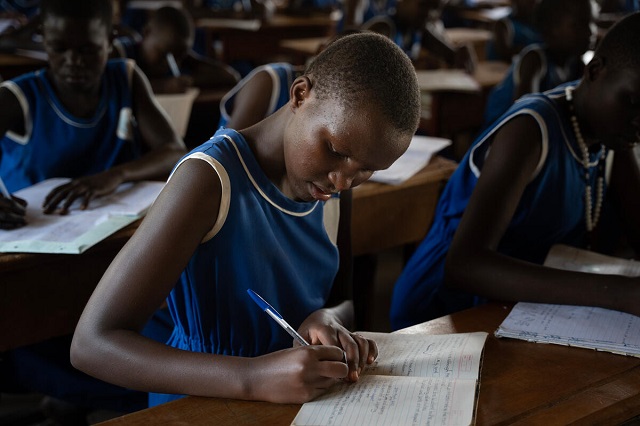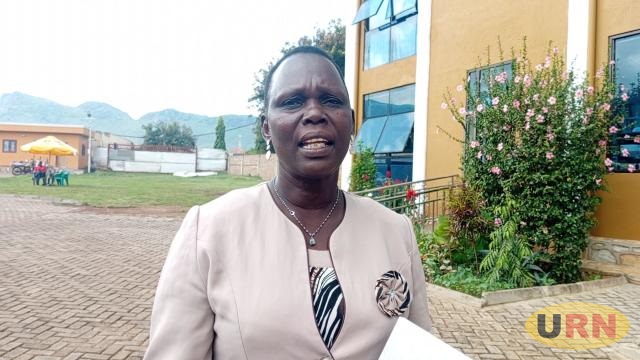
Moroto, Uganda | THE INDEPENDENT | Education authorities in the Karamoja sub-region have blamed the increasing number of school dropouts on parental negligence.
Officials say many parents are failing to fulfil their responsibilities in ensuring that their children remain in school, leading to high dropout rates, especially in primary and secondary schools.
Italina Logwe, the Moroto District Education Officer, noted that despite government efforts through the Universal Primary Education (UPE) and Universal Secondary Education (USE) programs, many children are not completing school due to a lack of parental support.
“We have cases where parents prioritise herding cattle or sending their children to the mines rather than school. This attitude is greatly affecting the education sector in the region,” Logwe said.
Data from the Moroto District Education Office indicates that over 40 percent of children enrolled in UPE schools do not complete the primary cycle. Similar trends are being reported in Kotido, Napak, and Kaabong districts.

Santina Sandar, the District Education Officer, Kaabong, expressed concern over the increasing indifference by parents towards their children’s education, citing permissiveness and outright negligence.
She added that the problem is more severe for girls, many of whom are withdrawn from school for early marriages. She attributed this to the failure to enforce laws that protect children’s rights.
Glaudy Auma, the Commercial Officer in Amudat District, also blamed cultural practices and poverty for fueling the high dropout rates. She observed that despite the provision of school meals and learning materials in some areas, parents remain largely disengaged.
“Some parents think education is the responsibility of the government alone. But without their support, children easily lose interest or drop out entirely,” Auma said.
Margie Lolem, the District Community Development Officer for Moroto, said that deep-rooted cultural beliefs continue to hinder education, especially in remote areas.
“You’ll find that boys are expected to herd cattle while girls fetch food. Many see education as a foreign concept meant to erode their culture. At least in Moroto town, some level of adoption is happening due to exposure,” Lolem said.
Lydia Wasula, the Principal Probation and Welfare Officer at the Ministry of Gender, Labour and Social Development, urged school management committees and Parent Teacher Associations (PTAs) to join hands with the Ministry of Education in sensitising parents on the value of education.
She recounted an incident in Nakapiripirit District where a well-funded school had only 40 percent enrollment, a trend she described as worrying.
Wasula also encouraged cultural leaders to actively participate in advocacy efforts to keep children in school.
Karamoja continues to register some of the country’s lowest literacy levels, with many learners dropping out before acquiring basic literacy and numeracy skills.
Authorities are now pushing for a multi-sectoral approach involving parents, schools, cultural institutions, and civil society organisations to improve school retention across the region.
*****
URN
 The Independent Uganda: You get the Truth we Pay the Price
The Independent Uganda: You get the Truth we Pay the Price



